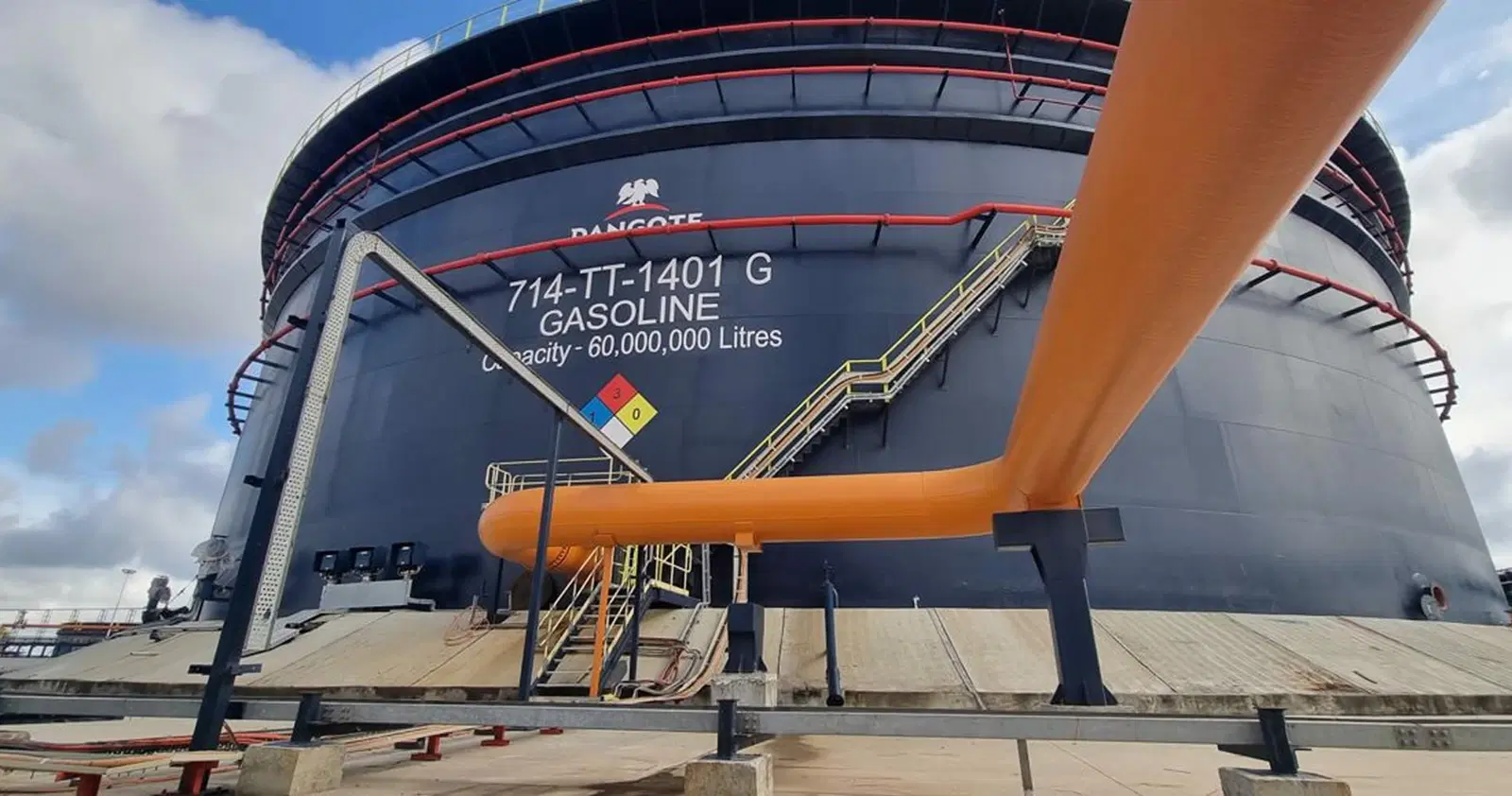BUSINESS EXTRA

NLC DESCRIBES DANGOTE REFINERY AS A GAME CHANGER FOR AFFORDABLE FUEL IN NIGERIA
The Nigeria Labour Congress (NLC) has commended the Dangote Petroleum Refinery, describing it as a major milestone in addressing Nigeria’s fuel supply challenges, enhancing job creation, and reviving confidence in the country’s industrial capacity.
During a recent visit to the Dangote Refinery and Dangote Fertiliser Limited, the Chairperson of the NLC Lagos State Council, Funmi Sessi, led the Council’s executive team on a tour of the facilities. She lauded the scale and strategic importance of the Dangote Group’s investments, highlighting their direct impact on national development.
“We’ve seen firsthand the enormous Dangote Refinery and the fertiliser plant, along with several other key projects in the area. It’s truly impressive,” Sessi said. “This shows a strong commitment to bridging the gap in the availability of essential products, creating jobs, and advancing industrialisation in Nigeria.”
Reflecting on the spike in petrol prices following the removal of fuel subsidies, she noted that the Dangote Refinery’s entry into the market played a vital role in price moderation.
“It was only after Dangote stepped in that we began to see some relief. His intervention brought down the skyrocketing cost of PMS and other refined products, which is a clear example of impactful private sector leadership,” she remarked.
Sessi urged the Federal Government to prioritize selling crude oil to the Dangote Refinery in naira, stressing that requiring the company to import crude or buy it locally in foreign currency contradicts the goal of achieving lower fuel prices for Nigerians.
“This country has abundant crude reserves. Why should Dangote still be importing or paying in dollars for local crude?” she asked. “If the government genuinely wants to reduce fuel prices and promote local refining, it must ensure crude is sold to the refinery in our local currency.”
She emphasized that sourcing crude locally in naira would significantly reduce operational costs and support long-term affordability of fuel products.
With a daily processing capacity of 650,000 barrels, the refinery is positioned not only to meet Nigeria’s needs but also to serve other West African countries. Sessi noted the export of fertilisers by large vessels as an example of the facility’s vast output potential.
She drew a parallel between the refinery’s impact and the transformation witnessed in other sectors such as cement and sugar, where Dangote’s investments helped spur competition and market expansion.
“We’ve seen how the success of Dangote Cement encouraged the rise of competitors like BUA and Mangal, and also led to the expansion of Lafarge. This refinery is likely to do the same for Nigeria’s refining sector,” she said.
According to her, the Dangote Refinery is helping to reduce the country’s dependence on imported refined products while paving the way for a sustainable and competitive downstream sector that supports broader economic growth.
She also highlighted the group’s role in nurturing Nigerian engineering and technical talent, many of whom have gone on to work as expatriates abroad.
Concluding, Sessi called on the Dangote Group to maintain its focus on staff development, welfare, and national progress, describing Aliko Dangote as a committed patriot deeply invested in Nigeria’s future.
"This represents a significant development in our ongoing coverage of current events."— Editorial Board









